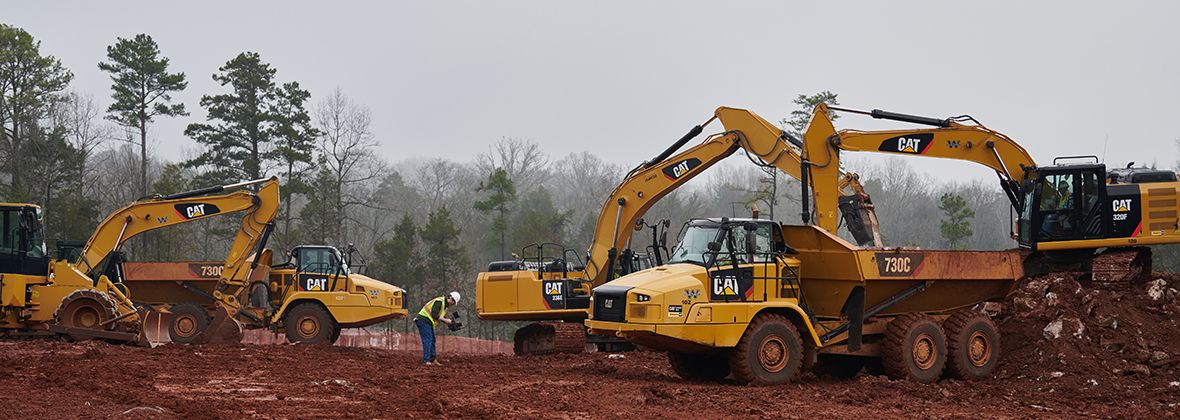Sign In
Welcome! Sign In to personalize your Cat.com experience
If you already have an existing account with another Cat App, you can use the same account to sign in here
Register Now
One Account. All of Cat.
Your Caterpillar account is the single account you use to log in to select services and applications we offer. Shop for parts and machines online, manage your fleet, go mobile, and more.
Account Information
Site Settings
Security
Legacy Planning: Your Business After You
LEGACY PLANNING IS A VITAL CONSIDERATION FOR YOUR BUSINESS—WHETHER YOU PLAN TO RETIRE IN A FEW YEARS OR A FEW DECADES.
Legacy planning is a vital consideration for your business - whether you plan to retire in a few years or a few decades. Turning your company into a legacy, be it for the next generation of your family or your most trusted employees, requires a significant amount of planning and strategy.
How can you ensure your business continues after you retire from the working world? Use these pieces of advice as a foundation:
Start planning early
Your business' legacy is the result of many years of work, and planning for the transition to the next owner requires a similarly long time-frame. As Entrepreneur pointed out, it's hard to start making a conscious, lasting impact on your enterprise and positively influence the new owners once you're already near your targeted retirement date. Your legacy starts with your first day on the job and builds up until you choose to leave your position and enjoy the fruits of your labor.
While more planning will take place once you make a decision about the future of your organisation, it's important to start planning early and recording important information about your role in places besides your own memory. Keep notes of what has and hasn't worked well for your company, best practices for engaging with specific clients and vendors, thoughts about the state of your industry and more. As your retirement draws nearer, spend time with your successors and start sharing this type of knowledge face to face.
Have trusted staff help bridge the transition
Everyone’s careers last for different lengths of time, which means you will have some trusted staff in the prime of their working years as you approach retirement. You'll naturally identify long-term employees as your business continues to evolve and grow, and all but the smallest companies will have at least one or two prized staff members who can fill this role.
Discuss the importance of succession planning with them and make it clear you believe they can play a valuable role in maintaining the success of your company. As your retirement date draws closer, you can start holding specific discussions about the transition and their role in it. These employees will be vital in helping a new company leader reach into the bank of organisational experience and make informed decisions going forward.
Develop a strong financial balance sheet
Leadership transitions are always a complicated period for businesses, even when they are planned far in advance. A new decision-maker has to put his or her own mark on the company and make choices as they see fit. This time means adjustment for everyone involved, which is why it's critical that finances are stable and reliable going into the changeover. Avoid major, unnecessary expenses and purchases when the time for a leadership transition starts to draw near, and consider more fiscally manageable options, like financing or leasing equipment.
A captive finance company provides businesses with attractive options for leasing and financing equipment, an option that helps maintain stability in the face of a leadership transition. Talk to your local dealer or finance representative for more information.
Additional Articles
Find in-depth articles to answer your questions about construction equipment financing, and expert tips to help you navigate today's economy as a successful business.
Caterpillar Financial Services (UK) Limited is authorised and regulated by the Financial Conduct Authority for lending under regulated credit agreements.
We care about our customers and their data, and always strive for transparency as a trusted financial institution.
Legal Information, Privacy Notices, and Slavery & Human Trafficking Statement »






